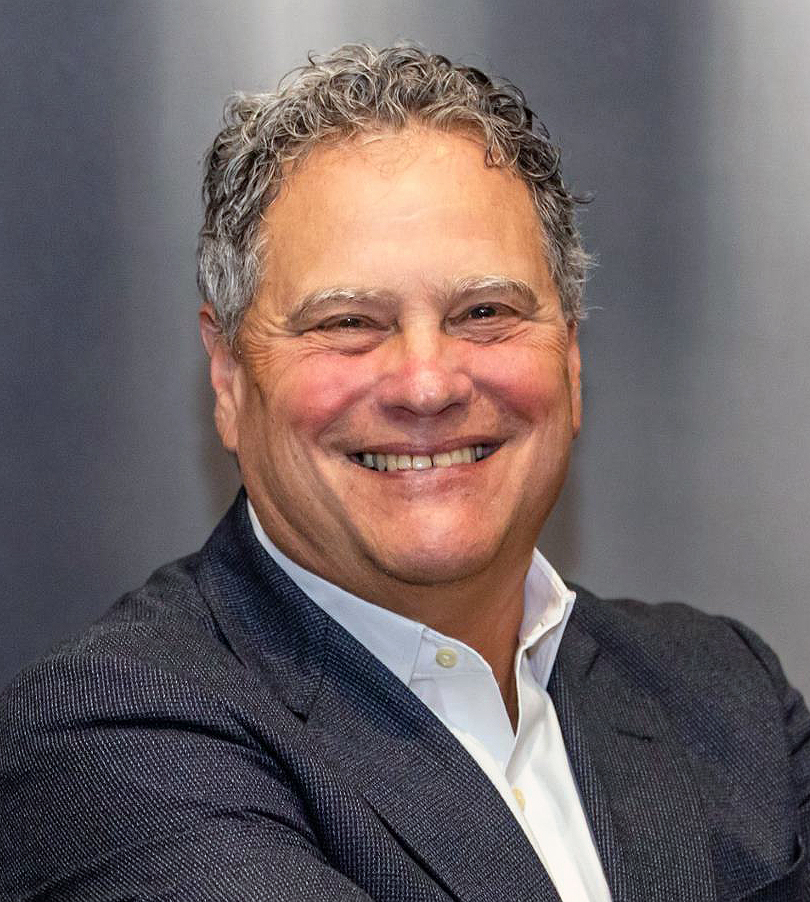By Richard Satran, Courtesy of Thomson Reuters Regulatory Intelligence
Wells Fargo & Co reportedly has been preparing to make thousands of layoffs later in the year as its pandemic losses mount, but hiring and compliance experts said the bank will tread carefully on compliance staff positions given its ongoing effort to meet the Federal Reserve Bank’s consent decree to improve controls. Other banks considering cuts may be more likely reduce compliance positions but will also do so cautiously in the midst of the pandemic.
Banks have refrained from eliminating jobs since the COVID-19 virus hit the economy, but pressure has been mounting with loan losses leading to sharp declines in industry earnings. Some – including HSBC Holdings PLC and Deutsche Bank AG in Europe — have already said they will eliminate jobs. Wells is slated to report results next Tuesday that will show rising loan losses that many anticipated could lead to its first quarterly loss in more than a decade.
Meanwhile, the bank said on Thursday it remains committed to directing fees it generated from the PPP, or Payroll Protection Program to a fund that will provide $400 million to “help small businesses impacted by the ongoing COVID-19 pandemic keep their doors open, retain employees, and rebuild” under its new Open for Business Fund.
The bank declined comment on the anticipated tens of thousands of layoffs, reported by Bloomberg Law, and any impact on compliance staff in the midst of its Fed-supervised revamp of compliance. The bank has spent billions of dollars on compliance and legal outlays to meet Fed requirements and regulators. The layoffs were seen unlikely to be announced when it releases earnings next week.
“They will be under scrutiny from the Fed and other regulators to make sure the compliance department is not scaled back too much,” said Jonny Frank, a partner in the global advisory firm StoneTurn Group LLP. Frank is a former Department of Justice prosecutor who has been a special monitor for Deutsche Bank and other firms in his private practice. “Whatever they do in getting rid of positions has to be proportional to cuts in the business unit. It will be difficult to cut much out.”
While the bank could find efficiencies from centralizing compliance and relying more on technology, those moves were seen as unlikely to lead to serious trimming of compliance functions. But Wells has long been seen as needing to trim a cost structure that has been higher than its top competitors.
Wells Fargo has disclosed broad outlines of a compliance revamp that would centralize its oversight to replace the decentralized program it ran prior to its 2016 unauthorized-account scandal that has mired the one-time largest U.S. bank in years of special oversight by banking regulators. It continues to operate under an unprecedented Fed-imposed asset cap that froze its growth at its end of year 2017 level of just below $2 trillion.
“The legal and compliance onus for Wells is not dropping even in this (pandemic) environment so I would not expected them to let those folks go,” Andy Callenger, of Challenger, Gray & Chrstimas Inc., the outplacement consulting firm, told Regulatory Intelligence. “Those jobs are going to be somewhat shielded.”
Compliance at other banks may be more vulnerable since “during lean times when non-revenue producing roles are more often on the chopping block,” Challenger said. But in an uncertain new environment of home-based work financial firms will face “a more complicated time to eliminate positions,” he added.
The pandemic has also posed uncertainty for compliance programs at banks in lending related to stimulus programs, Frank said, since an immense amount of money has moved through the banks with little due diligence required. But “it will expose any weakness in KYC (know your customer) and banks could face serious liability later.” Wells recently disclosed in a regulatory filing that numerous regulators have been investigating its PPP program.
The shift to home-based work has pushed financial firms to use more surveillance, especially in voice communications, as firms have relied on it more since remote work began, Frank said. Some of the work of reinforcing compliance for remote workers has shifted to the front line managers who are becoming more active in articulating firms’ policies amid a changing risk scenario.
“Conduct risk is broader than compliance, and in the banking world with people working at home there is a heightened risk that employees are going to do bad things, and banks are taking serious steps to mitigate the new risk.”
Front line managers are busier “reinforcing culture of compliance and integrity” Frank said. Managers are “having more remote meetings and constantly reinforcing it and documenting what they are doing to protect people from getting themselves into trouble when they work remotely.”





